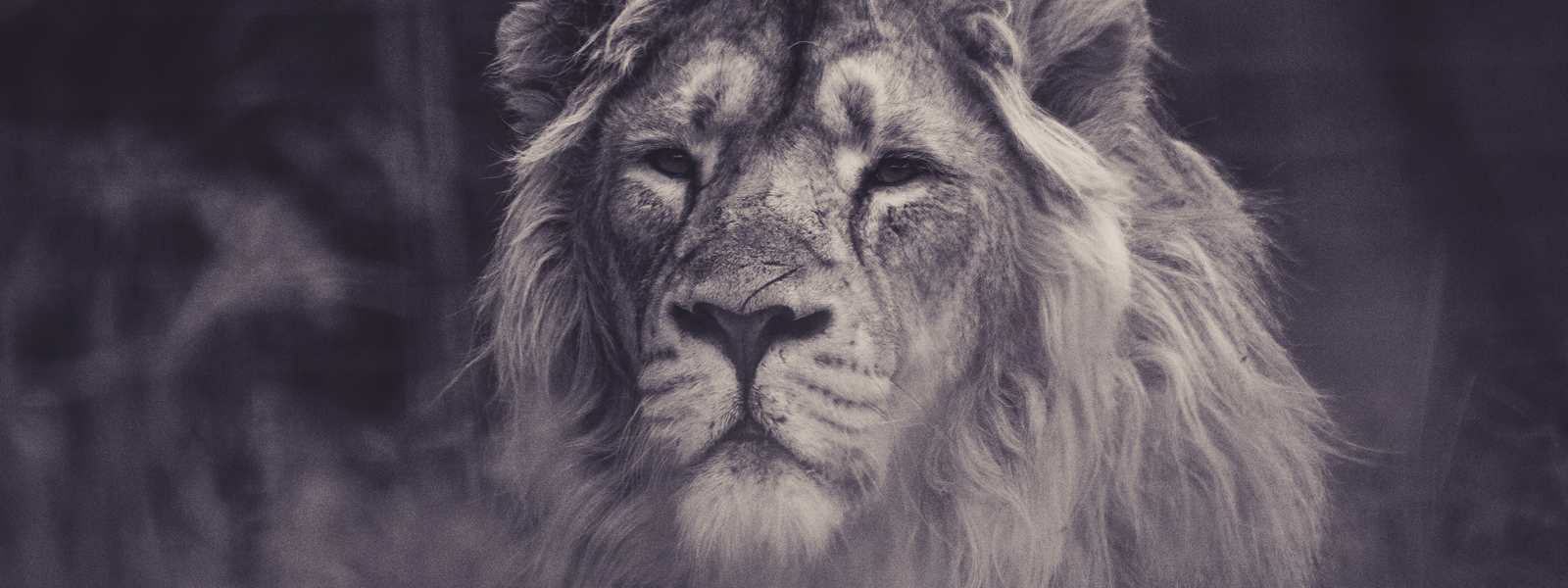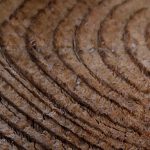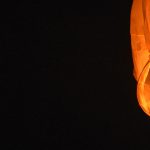It was our seventeenth anniversary. I bought him a voucher for a workshop. He loved it. Never thought of doing it himself but was always intrigued by the practice, he said. When he started talking about skinning and moulding and mounting, I couldn’t continue to think that he had attended a workshop in making cocktails. Something had gone wrong. He had, it seems, learned how to stuff a mouse. And liked it. More than that, he loved me for giving him the opportunity to do something so exciting after seventeen years.
Learning to make (and drink) four different types of cocktails would also have been exciting but he was never to know. And I was not going to benefit from his new skill. Worse than that, there was a dead mouse he wanted to put, pride of place, on the mantelpiece.
Books and magazines with dead eyes and open mouths started to appear. The laptop’s online history filled with research on the historical background and methods of taxidermy and pictures I would have preferred to have never seen. He started to look at the pigeons that landed on the balcony and the squirrels in the park with an unhealthy interest. And Grover, our terrier, was not getting old fast enough for him. Nor did Grover exhibit enough pain to prompt the responsibility of having him put down and out of his misery. And stuffed.
On drives in the country, he twice stopped to examine road-kill and rubber-necked whenever we passed livestock roaming in the fields or hills. He talked constantly of his desire to buy a pellet gun or go clay-pigeon shooting.
‘Why?’ I asked.
‘To learn to shoot.’
‘Why?’ I asked again.
‘Maybe I could learn to hunt?’
‘Is the supermarket not near enough?’
I knew it wasn’t for food but he seemed to have some qualms about killing animals just to stuff them. So I thought that a trip to the local conservation park might help him appreciate them more. We walked past the giraffes, ostriches and zebras. I could see him eyeing them up, imagining their heads mounted or even their whole bodies fully stuffed like those in the Natural History Museum.
The meerkats and ring-tailed monkeys and lemurs were all perfect specimens for stuffing and the male peacock was just a display waiting to happen. The Indian Rhino was out of his league, you could tell by his lack of interest. And the cheetahs were too like cats. He scorned their use in anthropomorphic taxidermy to create scenes with a group of cats as if they were human. A Victorian ‘whimsy’ he considered crass.
How could I tell him that I thought it was all crass. That he might as well have his dead mother stuffed, put glass eyes in her head and paint her body with make up and stand her in her habitat, ‘the kitchen’, for us to enjoy while we have our supper.
Of course I didn’t make that suggestion and just followed him towards the lion’s enclosure.
His eyes lit up. ‘There was an upper body of a lioness where we did the course, sitting at the table.’
‘At the table?’
‘Yes, she was huge, gave a real sense of scale.’
‘Did you sit beside her?’
He smiled.
Of course he did.
‘Did you take a picture?’
He took his phone out to show me and there he was sitting at the table with his arm around the lioness.
Who was anthropomorphising who?
I smiled.
He was flicking through some more photos when I saw the lion appear above us, in the enclosure behind him. He didn’t even notice, jabbering away about the other stuffed animals at the workshop. Lost in the zoo of his own mind.
And that’s where I left him, under the gaze of the lion. Wishing there was no barrier between them. That the lion had an even chance. And that if nature had its way, that the lion would bite his head off and spit it out so I could have it mounted, to hang in my living room against a contrasting shade of patterned wallpaper over the mantelpiece and the dead mouse.
Cocktails would have been nice.
…
Biography
Rosaleen Lynch is an Irish community worker and writer in the East End of London. She pursues stories whether conversational, literary or performed, keen to explore them as part of the learning cycle of everyday life. See 52quotes.blogspot.com or @quotes_52 for more information.
…
Image: Frida Bredesen





